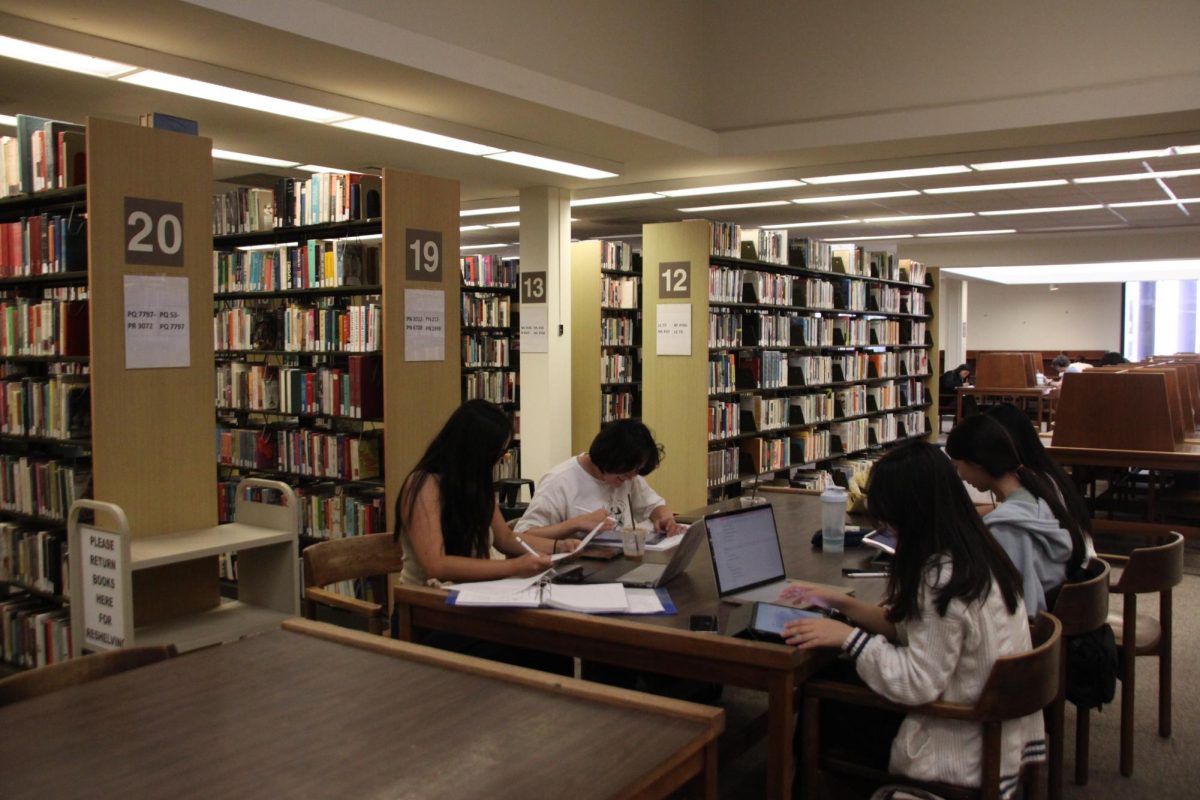Bye-Bye Honey Bee
December 13, 2016
Bees are one of the most single-minded and hardworking critters on the planet. They execute an essential role as pollinators in our agricultural entity. Some would even consider bees to be more vital than poultry in terms of nutritional value. Specified in The Telegraph, bees from a single hive can visit about one million flowers within a 400 square kilometer expanse in just one day.
However, within the six years leading up to 2013, over 10 million beehives have vanished. Most speculation focuses on colony collapse disorder (CCD), or the pesticide killers of the honeybees. Periodic evidence of decade-long observations on beekeepers substantiate that pesticides enact a sizable role in the climactic decline of honeybees and other pollinators.
Nearly 75 percent of all plant species that are explicitly used for societal nourishment are pollinated by honeybees; they are responsible for pollinating about one-sixth of the flourishing plant species worldwide and roughly 400 diverse cultivated types of plants, according to the One Green Planet Organization. Needless to say, our definite reliance on the pollination industry of bees to preserve our ecological food system is an understatement.
They are responsible for pollinating about one-sixth of the flourishing plant species worldwide and roughly 400 diverse cultivated types of plants.
— One Green Planet Organization
The Agriculture and Consumer Protection Department of the Food and Agriculture Organization of the United Nations indicated the honeybee’s pollination subsidized nearly $200 billion worth of global crops in 2005. As of 2010, honeybees and other pollinators assisted in generating approximately $19 billion worth of agricultural crops in the U.S. alone. That is about one-third of everything we consume. By 2013, the honey crop was valued at $317.1 million.
Without bees, crop yields, or agricultural output, would greatly decline. The loss of our pollinators result in significant losses because many crops are pollinated by western honeybees worldwide. It has been estimated that seven out of 60 leading agricultural crops in the North American economy would be lost–this is only considering one region of the world.
Not to mention the shortages of bees in the U.S. have heightened the renting cost of pollination services by up to 20 percent.
Pollination is essential for plant reproduction. Without the help and benefit of our natural pollinators, our customary food supply will begin to appear atypical. If bees ceased to pollinate, we would lose a lot of vegetation; broccoli, asparagus, cucumbers, blueberries, almonds, cranberries, and many more.
Over an evolutionary timescale, other creatures would most likely take over the empty ecological slot, as stated in Science Focus Magazine. But sooner or later, you could anticipate the collapse of the apple, orange, coffee, chocolate, and rapeseed oil production.















































































